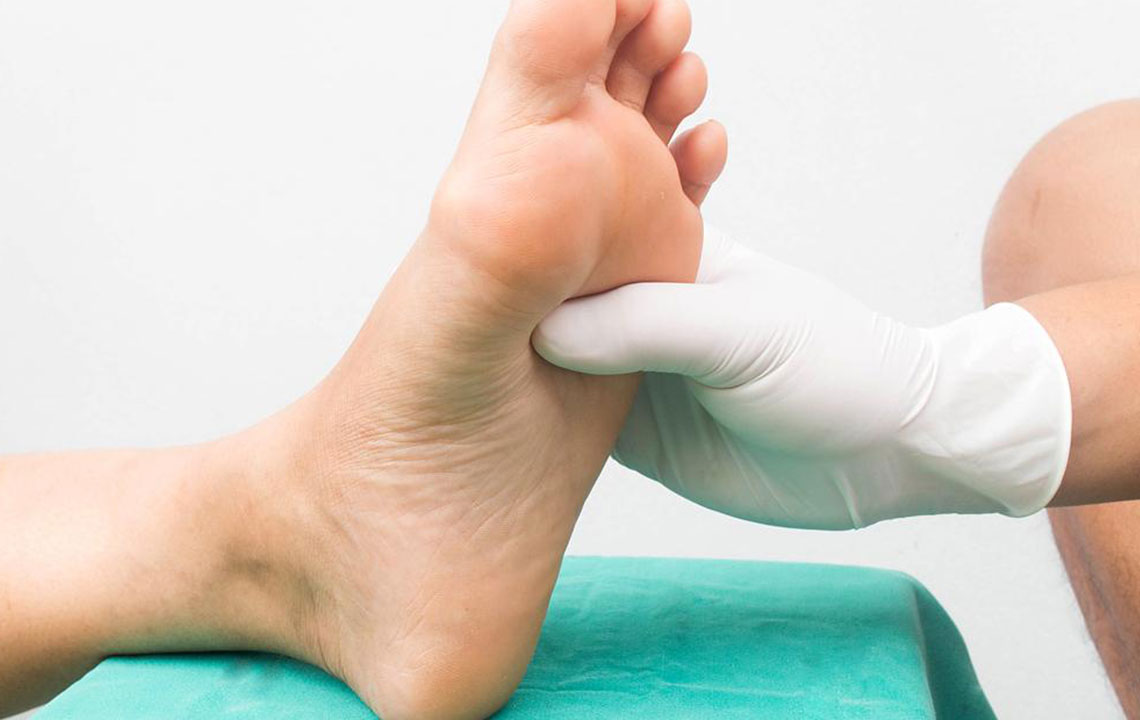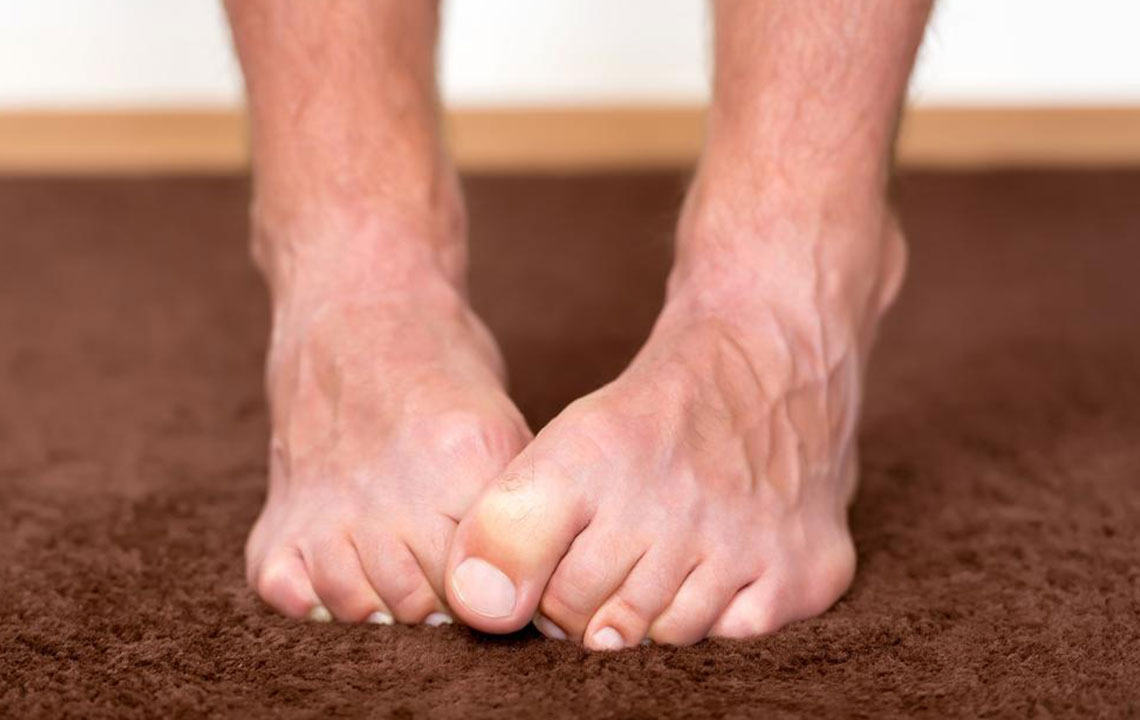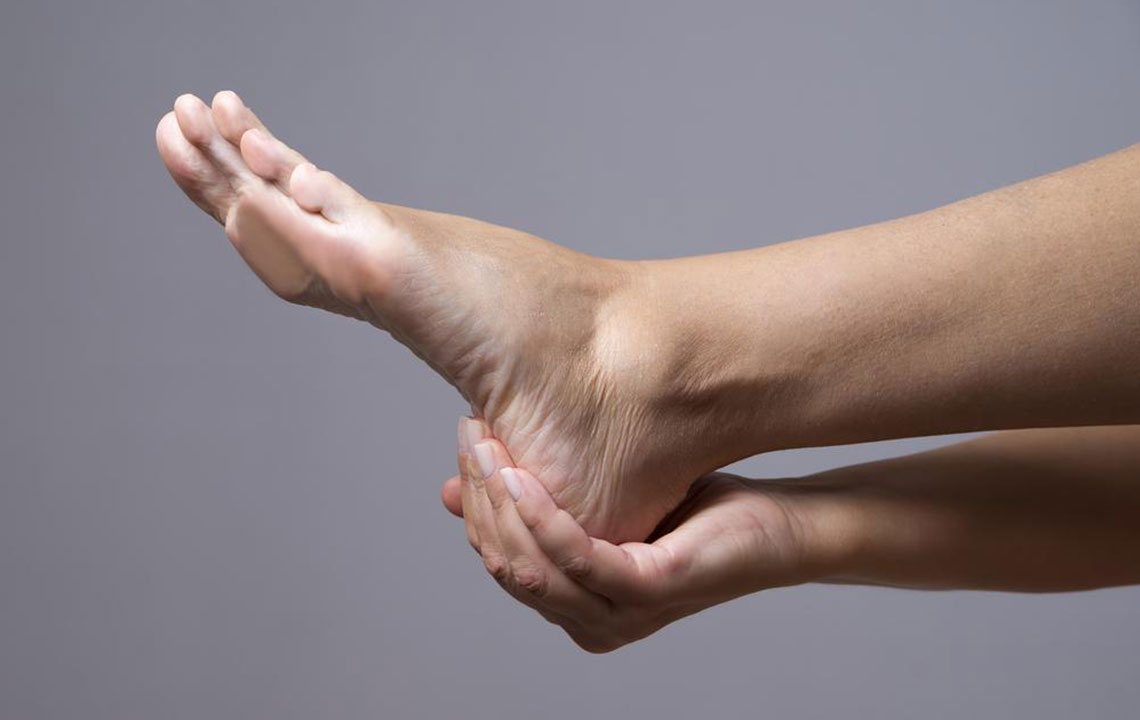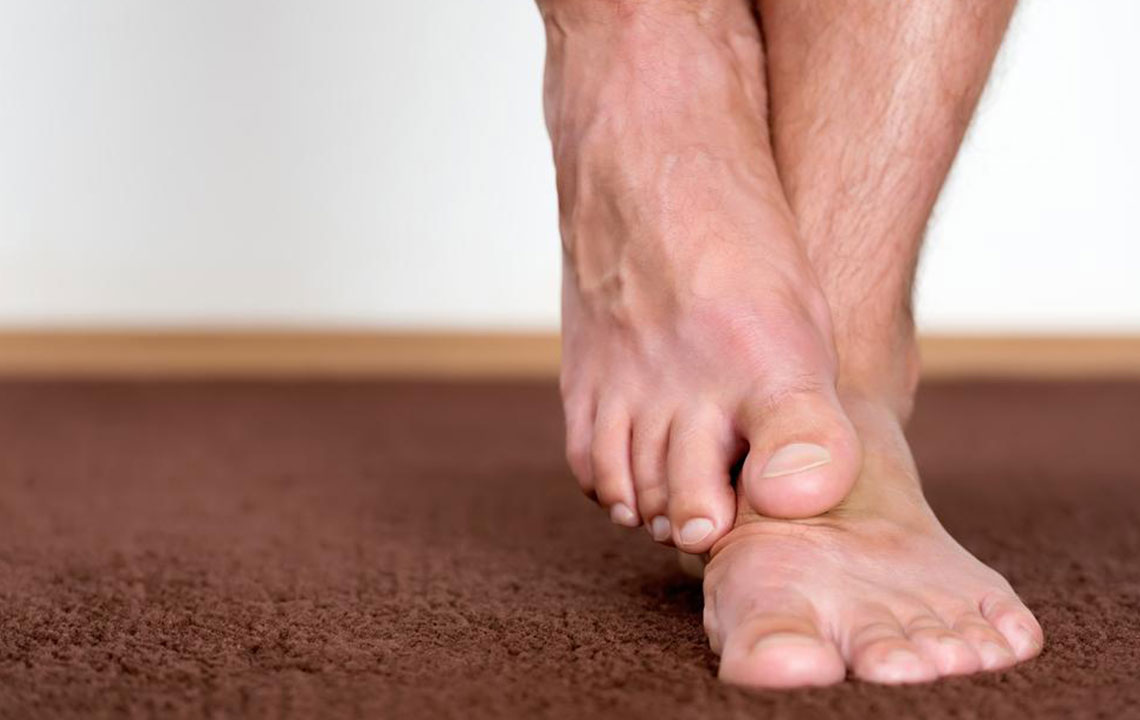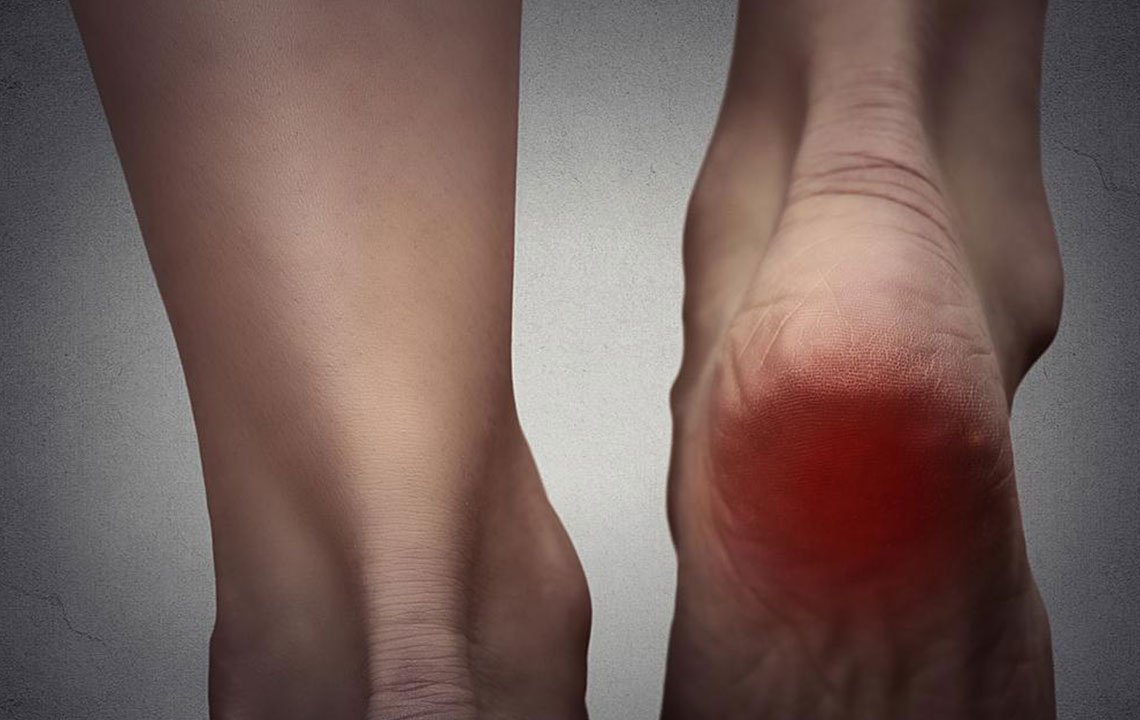Comprehensive Approaches to Easing Diabetic Foot Discomfort and Nerve Damage
This comprehensive guide offers effective strategies for managing diabetic foot discomfort and nerve damage. It covers dietary tips, lifestyle modifications, foot care routines, and helpful therapies to alleviate symptoms and prevent complications. Early intervention and consistent management are vital for maintaining foot health in diabetics, ensuring better quality of life and reducing the risk of severe foot issues. Whether through physical activity, proper hygiene, or medical therapies, this article provides actionable advice for effective diabetic foot care.
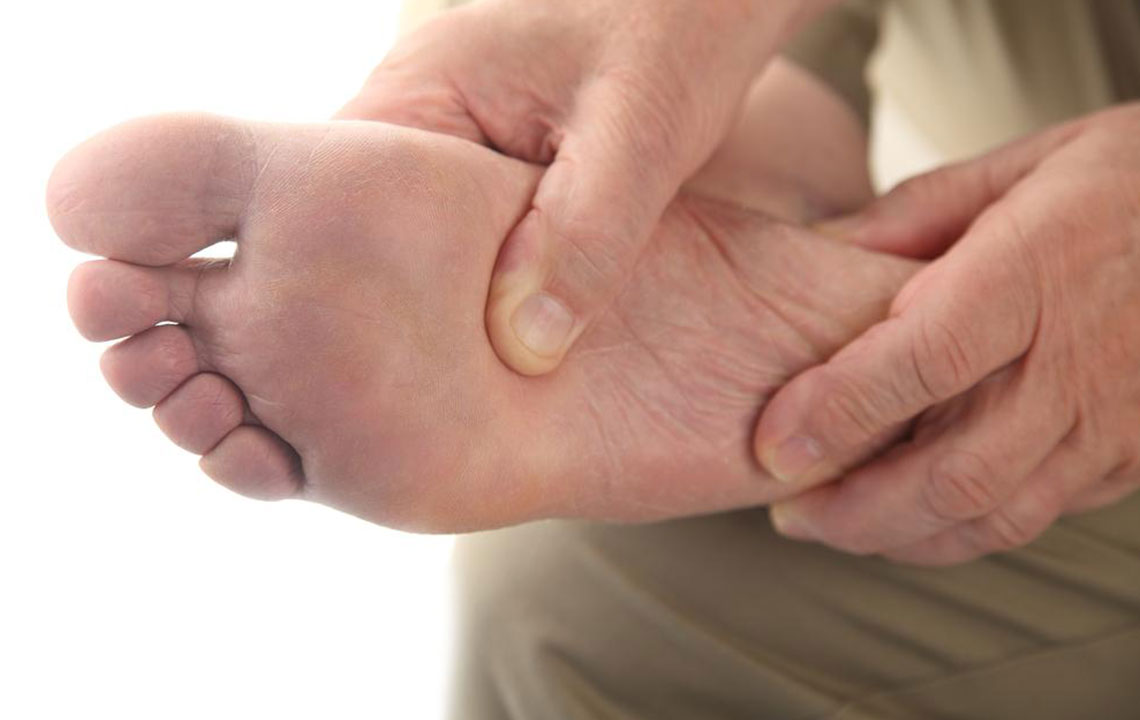
Comprehensive Approaches to Easing Diabetic Foot Discomfort and Nerve Damage
Diabetes mellitus, a chronic metabolic disorder characterized by elevated blood sugar levels, can lead to a wide range of complications if not properly managed. Among these, diabetic foot problems, often stemming from nerve damage known as diabetic peripheral neuropathy, are some of the most common and concerning issues faced by patients. Diabetic foot discomfort can manifest in various forms, including numbness, tingling, burning sensations, and even severe ulcers or deformities if left unaddressed. Recognizing and managing these symptoms early is crucial to prevent serious complications and improve quality of life.
Approximately 60 to 70 percent of individuals with diabetes experience some type of nerve damage affecting the feet. Early symptom detection and proactive management can significantly reduce the progression of nerve-related issues and preserve foot health. This article explores detailed strategies and lifestyle modifications that can help manage and alleviate diabetic foot discomfort effectively:
Adopt a balanced and nutrient-rich diet: Emphasize the importance of consuming a variety of fresh vegetables, leafy greens, whole grains, fruits, and lean proteins regularly. Proper nutrition supports nerve health, reduces inflammation, and stabilizes blood sugar levels. For individuals with specific dietary restrictions, consulting with healthcare professionals or dietitians can help customize meal plans tailored to individual needs.
Engage in consistent physical activity: Regular exercise enhances circulation, strengthens muscles, and reduces joint stiffness. Activities such as walking, swimming, yoga, or even light stretching routines can improve overall blood flow and nerve function. Aiming for at least 30 minutes of moderate activity daily can produce significant benefits for nerve regeneration and foot health.
Implement lifestyle modifications: Quitting smoking and limiting alcohol consumption are vital since these habits impair blood flow, delay nerve repair, and exacerbate diabetic complications. If needed, seek medical assistance for nicotine replacement therapies or behavioral support programs to facilitate these changes. Maintaining a healthy weight also reduces stress on your feet and joints, improving overall health outcomes.
Perform daily foot inspections: Routine foot examinations are essential for early detection of blisters, cuts, sores, or signs of infection, especially between toes and on the soles. Using a mirror or seeking assistance from caregivers can help identify issues promptly. Early treatment of minor foot problems prevents their escalation into serious infections or ulcers.
Practice proper foot hygiene: Wash feet daily with warm water, avoiding hot water or soaking to prevent skin dryness and cracking. Pat feet dry thoroughly, especially between toes, and apply moisturizer to prevent dry, cracked skin, which can harbor bacteria and fungi.
Maintain optimal blood sugar control and weight management: Effective management of blood glucose levels through prescribed medications, dietary control, and monitoring helps prevent nerve damage from worsening. Maintaining a healthy weight reduces mechanical stress on the feet and enhances overall metabolic health.
Nighttime foot discomfort in diabetics often includes sensations such as numbness, burning or tingling, muscle cramps, weakness, and balance issues. These symptoms can be indicative of progressing nerve damage. Severe foot complications like ulcers, deformities, or infections require immediate medical attention. Managing blood sugar levels is crucial, as uncontrolled hyperglycemia accelerates nerve deterioration and symptom severity. Alongside medication adherence and dietary adjustments, some patients find relief through complementary therapies such as acupuncture, meditation, biofeedback, or hypnosis. Engaging in low-impact physical activities like swimming and incorporating stress-reduction techniques can also help mitigate symptoms and promote nerve healing.
